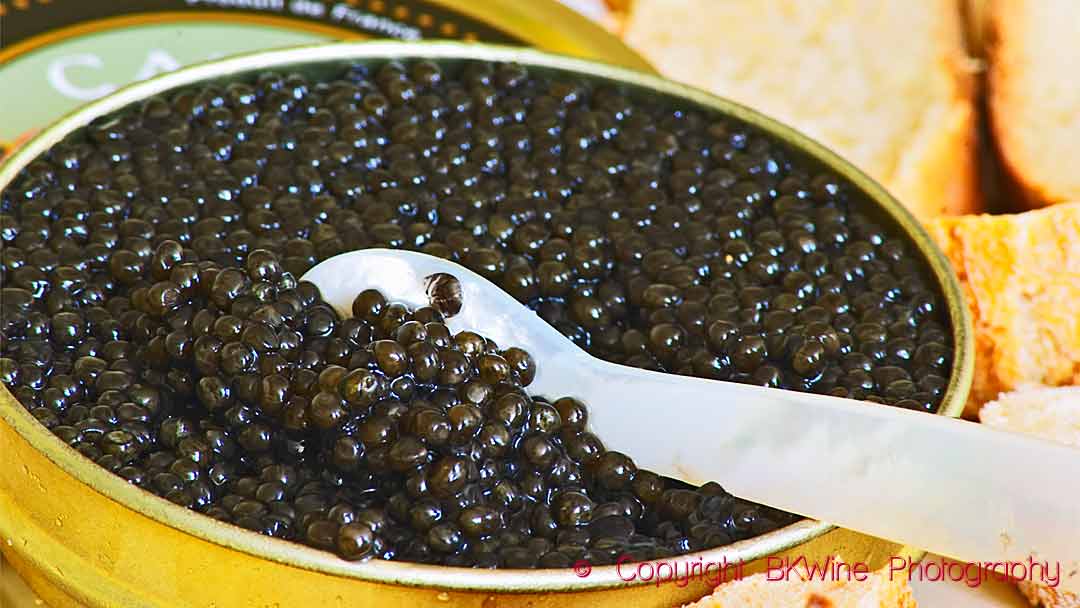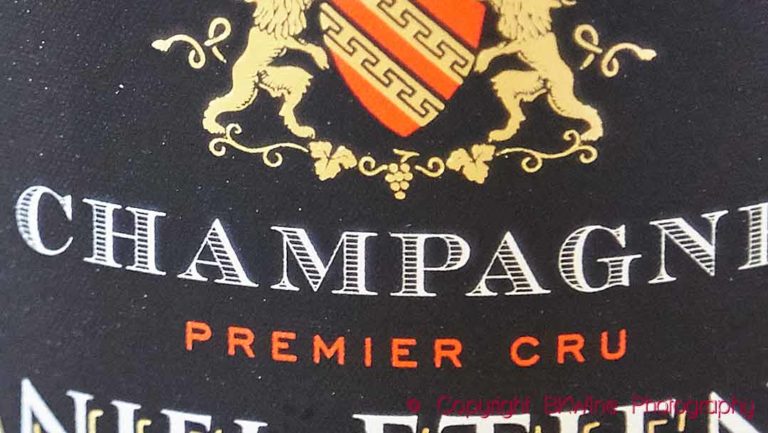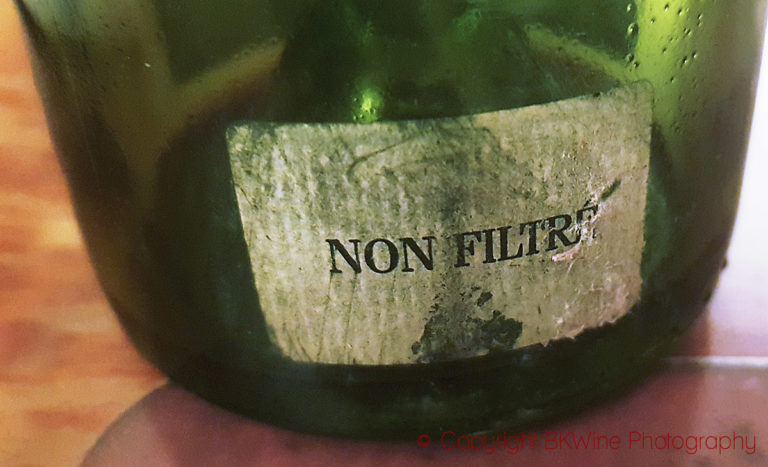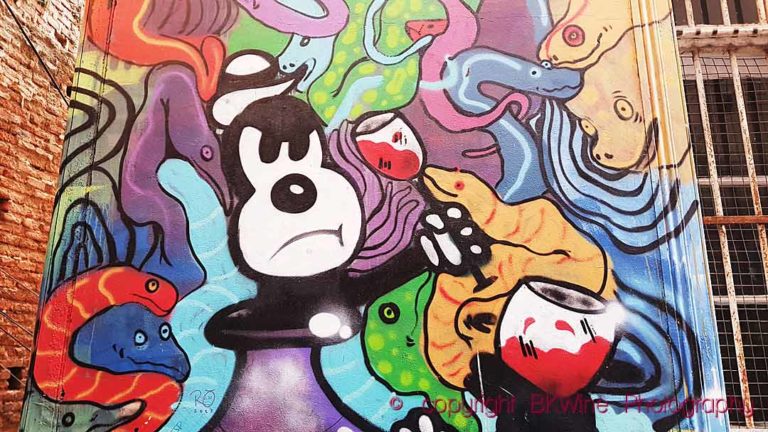
Why does a wine cost what it costs? It is never easy for a producer to put a price on his wine. It requires reflection. Not least, he has to decide how to position himself on the market.
The price is not determined solely based on how much it costs to produce a wine. In fact, in many cases, the cost of production of the wine plays a minimal role in pricing.
A high price signals prestige and luxury, and some consumers are willing to pay for it. This is the way humans are. The fact that Gerard Bertrand can charge 190 euros for his rosé wine Le Clos du Temple 2020 shows that it is only a matter of knowing what you want and presenting the wine in a handsome bottle (of course, the wine must be of good quality, that goes without saying).
And then you have to have the courage to do it. For example, the courage to launch a rosé from Languedoc that is more expensive than most prestigious chateaux in Bordeaux. A few decades ago, Krug launched its Clos du Mesnil. It costs 1000 euros a bottle, around thirty times more than the neighbour’s wine.
If you present yourself as the highest prestige (and high price), we consumers tend to believe that it is.
Demand can, of course, drive up prices, but it can also be the other way around; that the price drives demand. When Danie Steytler Jr. at Kaapzicht in Stellenbosch launched his “Chenin Blanc The 1947” (the year the vines were planted), it was hard to sell. Not many people wanted it, even though it was excellent (we tasted it on our South African trip). But then he doubled the price. The bottles were gone instantly.
That a wine is made in small quantity and perhaps from a single vineyard, such as Clos du Temple, sometimes leads to a higher price. Rarity value is important in the wine world. Of course, there are many producers with small vineyards that do not make expensive wine, so smallness is no guarantee of a high price.
Wine can be expensive even if it is made in large volumes. For instance, many of the famous Bordeaux châteaux actually make large volumes. Not to mention Champagne, where some highly regarded “prestige houses” can make millions of bottles. It does not have to be a handcraft to be expensive.
Wine is very much about marketing and presentation. Think of the experiment with wine tasters who got to try two different wines blind and assess and describe them. The wine they had been told cost $5 received moderate reviews. The wine they were told cost $30 was thought excellent. But it was the same wine in both glasses. One’s expectations play a huge role in taste. People are very good at meeting their own expectations.
But not all consumers care about prestige. What price the producer puts on his wine also depends on what market he is targeting. But then, of course, you have to define what you mean by prestige. Some natural wines take pride in being cloudy and unstable and can charge a hefty fee for it.
There are perhaps two conclusions to be drawn:
1. To give a really honest assessment of a wine’s quality, you have to taste it blind. Completely blind.
2. If you offer your guests a truly exclusive wine, make sure that they see the label.
Wine travel
Our autumn travel season is soon starting. We are very happy to go travelling in the wine regions once again. This season we have some great classics on our wine travel programme, with destinations in France, Italy, Portugal, and Spain. But for the moment this is only offered to our Scandinavian travellers. We have two different sets of wine tours: for Scandinavian clients in Swedish and for international clients in English. International travel into Europe is still challenging.
We are right now putting the finishing touches on our (English language) tour programmes for 2022, and also some of the first tours for 2023. We will offer you some great tours and fantastic experiences in Bordeaux and Champagne next year. And some other exciting things too. Stay tuned.
Enjoy the Brief!
Britt & Per
If you appreciate what we do, you can help us:Tell your friends about the Brief or send it to them.
Like us and follow us on social media:
This is just the introduction to the latest issue of the Brief. Subscribe to the BKWine Brief and you will get the whole edition in your mailbox next month.
What’s on at BKWine Tours
BKWine is also one of the world’s leading wine tour operators. Here’s what we currently have on our scheduled wine tour program:
- Chile-Argentina, January 17-30, 2022
- South Africa, (February 9-18, 2022 – postponed) plan for 2023
- New Zealand, (March 10-25, 2022 – postponed) plan for 2023
- Bordeaux, April 20-24, 2022 (program available soon)
- Champagne, May 4-8, 2022 (program available soon)
- Bordeaux and Champagne, Sept 28 – Oct 6, 2022 (program available soon)
- Champagne, Sept 28 – Oct 2, 2022 (program available soon)
- Bordeaux, October 2-6, 2022 (program available soon)
We also make custom designed wine tours.
We’re different than most other wine tour operators. We are people who know wine inside out, who travel constantly in wine regions, who write award winning books about wine. Who do this out of passion. Our tours are different from others. More in wine tours: BKWineTours.com.










